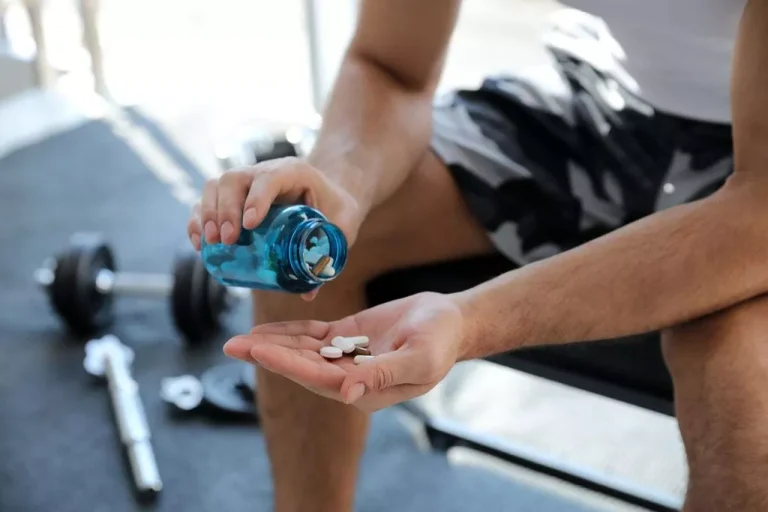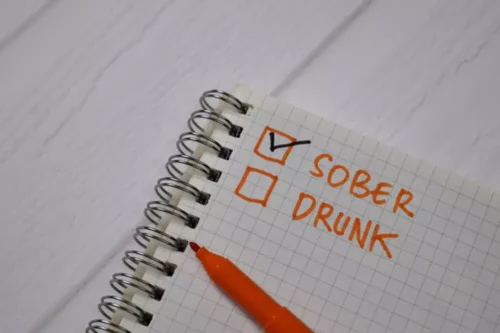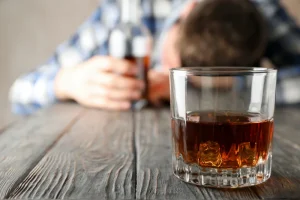
From month-long sobriety challenges to the Sober Curious movement, more and more people are taking a closer look at the role alcohol plays in their lives. Regular drinking can affect your body’s ability to fight infections. Memory loss can be a problem during drinking and in the long term for regular heavy drinkers.

What Happens to Your Body When You Stop Drinking Alcohol?
Research shows that most people believe that drinking can make them feel better. However, when alcohol makes up part of your typical routine, drinking can become something of an automatic response, especially when you feel stressed or overwhelmed. It’s possible to develop a better relationship with alcohol and make more mindful, informed choices about drinking without total sobriety.
Giving up alcohol: Tried-and-tested tips
You could speak to your GP or a member of their team, or there are a number of national alcohol support services that you can confidentially self-refer to for advice and support. A drinking relapse doesn’t mean you’re a failure or that you’ll never be able to reach your goal. Each drinking relapse is an opportunity to learn and recommit to sobriety, so you’ll be less likely to relapse in the future. Make meetings a priority – Join a recovery support group, such as Alcoholics Anonymous (AA), and attend meetings regularly. Spending time with people who understand exactly what you’re going through can be very healing. You can also benefit from the shared experiences of the group members and learn what others have done to stay sober.

You May Live a Longer Life
Mental health and wellness tips, our latest guides, resources, and more. Take the assessment and get matched with a professional, licensed therapist. The person with the drinking problem needs to take responsibility for their actions. Don’t lie or cover things up to protect someone from the consequences of their drinking.
Week Three Benefits
- When you quit drinking, you’ll probably notice that the colds, flu, and other illnesses you always seem to catch happen less often.
- On the other hand, if you drink in moderation, alcohol doesn’t affect LDL and instead increases good cholesterol (HDL).
- One of the best things about giving up alcohol – alongside the better sleep, weight loss, clearer skin and having more money – is gaining back the time I would’ve spent hungover on the sofa.
When Love Is Not Enough – The Lois Wilson Story An interesting film based on the history of Alcoholics Anonymous. This tells the story of the co-founder Bill W and his relationship with his wife Louis Wilson, who went on to set up family support groups. If you’re is sneezing a sign of withdrawal feeling creative, you can have a go at whipping up some non-alcoholic cocktails at home such as this virgin Pina Colada recipe or a Cranberry Cutie cocktail. Millie agrees that keeping yourself accountable and having a goal can really help you stick to your plan.
Benefits of the new Llama 3.1 models
Perhaps because of an alcohol-related medical condition like liver disease, or because they start taking medication that reacts badly with alcohol. There are lots of reasons why you might want to stop drinking alcohol. For some people, it’s a lifestyle change – to say goodbye to hangovers, sleep better, lose excess weight and have more energy. It might even be for a challenge, to buddy someone else who is giving up alcohol, or to raise money for charity.
Understanding your habits and your motivations to quit drinking can help you understand the change you’re making in your life and reinforce why it’s important. But if you’re living with alcohol use disorder, drinking is more than a habit. People with alcohol use disorder can’t stop drinking even when it causes problems, like emotional distress or physical harm to themselves or others. Whatever your reason to quit drinking, know that you’re doing yourself a favor. Alcohol impacts our sleep, relationships, weight, risk for serious chronic conditions and more. Many people with alcohol use disorder also have other mental health conditions like depression, anxiety, bipolar disorder, or schizophrenia.

No content on this site, regardless of date, should ever be used as a substitute for direct medical advice from your doctor or other qualified clinician. Prepare yourself for those times when someone is going to offer you a drink. You might also hold onto a nonalcoholic drink instead, ask a friend to support you in difficult situations or simply exit early if temptation gets too strong, the NIAAA suggests. Remind yourself of why you want to cut back, talk to a friend about it and distract yourself with a hobby or exercise, the NIAAA suggests.
- In fact, you can find it online with sites like Sunnyside, which helps you create a customized plan, Tempest, Moderation.org or Ben’s Friends for people who work in the food and beverage industry.
- You could speak to your GP or a member of their team, or there are a number of national alcohol support services that you can confidentially self-refer to for advice and support.
- “People often describe to me that they now realize how much the alcohol altered their behavior and relationships.
- While there are many potential benefits that you should expect to see in your first month of sobriety, the positive effects of stopping alcohol will continue to follow you and grow throughout your life.
- This tells the story of the co-founder Bill W and his relationship with his wife Louis Wilson, who went on to set up family support groups.